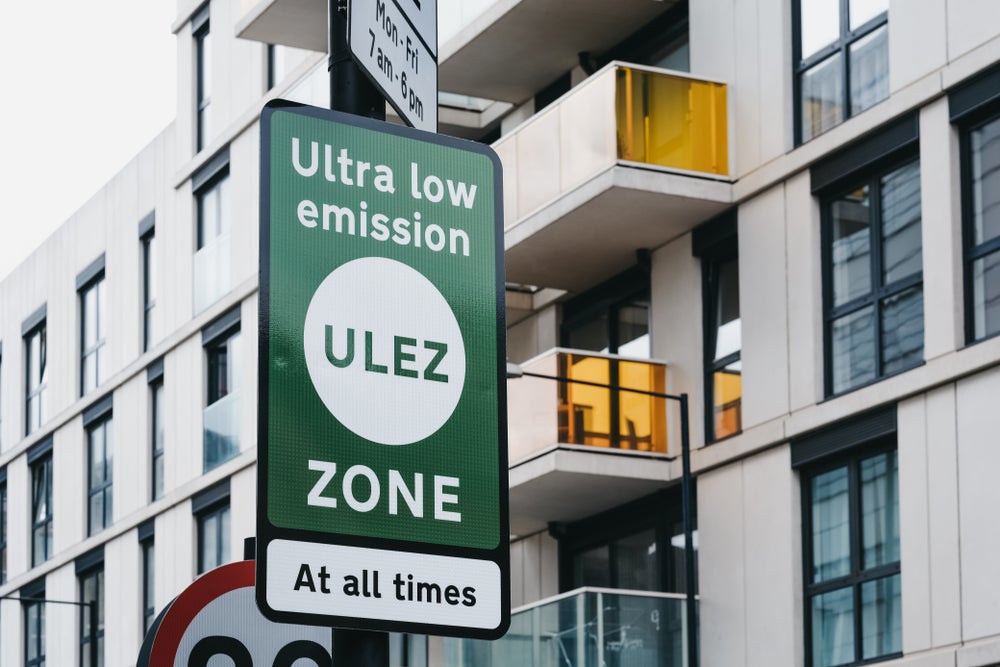DEALERSHIP CLOSURES
Dealership woes stir title
trouble
The threat of dealership closures
has lenders with their ears to the ground. Lenders are beefing up
procedures to predict when slumping sales volume and floorplan
difficulties might become too much for their dealership-clients to
bear. At stake are vehicle titles, which belong to lenders from the
time vehicles are sold until their outstanding loans are repaid.
Without titles, lenders could lose ownership of the vehicles they
finance.
The problem was amplified as the pace of dealership
closures quickened last autumn, when Bill Heard Enterprises Inc
closed its 13 dealerships.
“We have seen cars gone and dealership lots locked
up,” said Deborah Malinowski, national sales director at Santander
Consumer USA unit Drive. “That has happened so much more often than
it ever has in the past.”
So far this year, delinquent titles are cropping up
15 or 20 times per month at Drive, up from an average of one a
month last year, she said. Drive has a dealer investigations
department that goes to work as soon as a member of the sales team
notices something amiss at one of its 12,000 dealers.
How well do you really know your competitors?
Access the most comprehensive Company Profiles on the market, powered by GlobalData. Save hours of research. Gain competitive edge.

Thank you!
Your download email will arrive shortly
Not ready to buy yet? Download a free sample
We are confident about the unique quality of our Company Profiles. However, we want you to make the most beneficial decision for your business, so we offer a free sample that you can download by submitting the below form
By GlobalDataIn general, dealers have 30 days to finalise title
paperwork. Sometimes dealers delay filing; in other cases,
departments of motor vehicles are slow to file; in other cases
departments of motor vehicles are the source of the delayed
paperwork.
AmeriCredit, too, has become more attentive to
potential title-related losses, and has put ‘ticklers’ in its
system to alert it to longer-than-normal title-registration
times.
With dealership closures expected to pick up this
year, lenders will likely further refine title-monitoring
practices. In all, 700 dealerships closed last year, up from 430 in
2007, according to the National Automobile Dealers Association. For
2009, NADA expects 900 dealerships to close-up shop.
COMPASS BANK
Lender exits indirect auto
lending
There is one fewer player in the
indirect auto lending sector. Compass Bank closed its indirect auto
business on January 30 amid a restructuring at parent company BBVA
Group.
“Indirect lending is not a fit for [BBVA’s]
business model,” said an auto finance executive familiar with the
situation at Compass. Compass has nearly $4 billion (€3.2 billion)
of auto loans in its portfolio and does business with 1,800
dealers. Loans in the pipeline as of January 28 will be funded, and
the bank will continue to service its existing portfolio.
Compass will still offer direct auto loans to car
buyers via its network of 577 branches spread throughout Alabama,
Arizona, Colorado, Florida, New Mexico, and Texas.
The closure comes on the heels of BBVA’s
announcement in late January to lay off 10 percent of its workforce
– 1,200 employees – as it works to integrate a handful of
acquisitions, including Texas State Bank and Laredo National Bank.
Spanish bank BBVA has $750 billion of assets and does business in
more than 30 countries.
REMARKETING TECHNOLOGY
Auction platform
redesign
On the heels of two new
remarketing products, GMAC Financial Services plans to roll out a
revamped auction platform on April 1.
The move is part of an overarching initiative to
increase focus on dealer-to-dealer trades rather than strictly
off-lease and rental cars, said GMAC vice-president of remarketing
Mark Newman.
GMAC recently launched an inventory-management tool
and virtual showroom product for SmartAuction, its proprietary
online auction system. Both are targeted at the used-car market,
which has picked up recently as consumers shy away from new-vehicle
purchases.
“We are trying to help the dealer in this very
stressed environment,” Newman said.
QuickTurn, as the inventory-management technology
is called, includes an appraisal engine that monitors 3,500 dealer
web sites to ensure that retail and wholesale pricing are in line
with marketplace values.
“Just to be able to assign the right value is
critical,” Newman said.
In addition to the external tracking feature,
QuickTurn keeps tabs on historical sales trends at each individual
dealership.
The virtual showroom product, meanwhile, “takes all
a dealer’s inventory and everything on SmartAuction and puts it on
a retail-facing [interface]”, Newman said. A customer could
purchase a vehicle, “have it shipped that day, and have it within
24 or 48 hours”, he added.
Initially, the virtual showroom product will be
available only to GM dealers, who currently comprise 5,700 of
SmartAuction’s 7,300 dealers. Expansion plans will be “based on its
reception”, Newman said.
Last year, GMAC sold 435,000 units via
SmartAuction, up from 34,000 units in 2000, when the remarketing
site debuted.
NADA CONFERENCE NOTEBOOK
Whatever it takes
The captives are finally losing
their lock on origination volume at their franchises. As the Big
Three automakers fend off the chokehold of capital constraints,
their financing arms are advising dealers to find other financing
sources.
“For the first time we are hearing from our
captive: ‘If you can get a car on the road some other way, do it,’”
said Michael Brown, vice-president of operations at Atlantic
Automotive Group, during a panel discussion at the American
Financial Services Association conference here last month.
To that end, dealerships like Atlantic have
increased business with credit unions, as well as Capital One Auto
Finance Inc, Chase Auto Finance, and Wachovia Dealer Services.
Stonewalling negative
equity
Negative equity has finally met
its match. For years, dealers could find lenders to finance car
buyers whose outstanding loan balances exceeded their vehicles’
values. They simply rolled up the remaining loan amount into a new
loan.
“In a way, we have been our own worst enemy,” said
Edward Tonkin, vice-chairman of the National Automobile Dealers
Association and principal of Ron Tonkin Dealership Group, during a
dealer panel at the conference. Over the years, loan terms have
gone from 36 months, to 48, then 60, 72, and 84.
“We have cut our own throats. For everything, there
is a payback. Most people have negative equity. Hell, I think I’ve
got negative equity in my dealership.”







